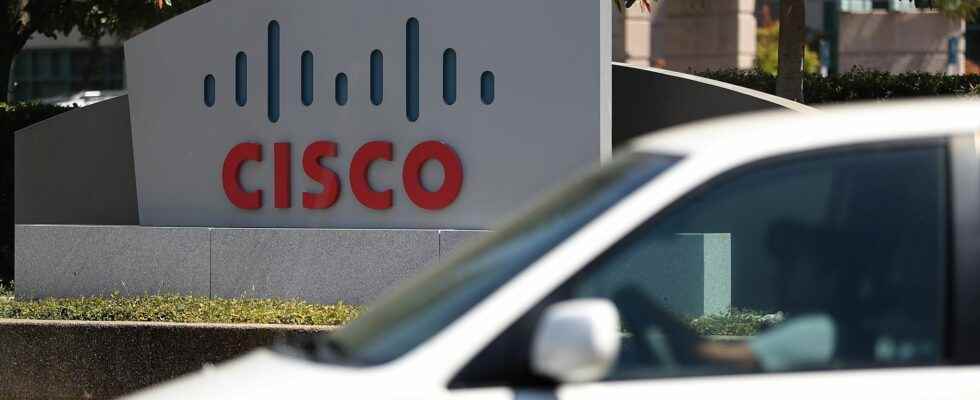We feared the worst in an inflationary context marked by rising energy prices and the war in Ukraine, but France did more than resist and remains more attractive than ever. In 2022, the number of foreign investment projects increased by 7% compared to the previous year to reach a total of 1,725, a record, according to Business France. A result that Emmanuel Macron welcomed on Monday in a tweet: “The policy conducted for six years is bearing fruit”.
In 2021, France will consolidate its position as the leading host country for foreign investment in Europe. For 2022, we will still have to wait until May and the publication of EY’s annual report to know the evolution. But France should be in a very good position. For Laurent Saint-Martin, LREM regional councilor newly appointed in early January as CEO of Business France, who compiled these figures, the good tricolor results are to be credited to the reforms undertaken since 2017 and future investments as part of the France 2030 plan. A momentum that must however be maintained over time.
L’Express: How to explain the increase in the number of foreign investment projects since 2015, if we exclude the year 2020?
Laurent Saint-Martin: This is explained by the growing attractiveness of our country. Since 2017, France has undertaken a number of reforms, in particular tax, around labor law, which has made us considerably change the scale in terms of global attractiveness. The unknown was after how we would weather the storms. We can see that both the Covid crisis and the energy crisis and the responses to the war in Ukraine make France a country that knows how to resist crises and that bounces back well. It is a triptych of reform, resilience and investment in the future with the France 2030 plan that explains these good results. France has become competitive again, but sustainably with the ability to weather crises.
Has the attractiveness policy put in place by Emmanuel Macron borne fruit?
It continues to bear fruit and it is not only the policy of attractiveness, it is the policy of attractiveness coupled with a policy of resistance and support for the economy. The France 2030 plan also has a lot to do with it, since these investments in the reindustrialisation of the country are obviously seen internationally as a real guarantee of attractiveness.
Can the current context, marked by strong discontent due to the pension reform in particular, play against France on the issue?
I do not believe. These moments of social protest are elements watched, but integrated at the same time when you know France internationally. It does not make an investment decision. The country is not blocked, the country is not at a standstill and investors do not see it as something that would prevent them from developing their business either. It is observed of course, but it is not for the moment a blocking factor.
How do you reassure foreign investors about this?
We reassure them by telling them that it is better to look at where we want to bring them together in France, rather than these subjects. What matters to them is how France can remain a country in which it is good to undertake and invest. Are there qualifications, land, funding? Investors and business leaders are very pragmatic people. They first need to know if their investments today will still be worthwhile in a few years.
Regarding taxation, President Macron’s commitment is very clear: he repeats it over and over again, he will not increase taxes, whether for companies or individuals. It is a speech of firmness which is well perceived. Where do we project France in ten years? Reindustrialisation, for example, is very well perceived. We have about half of the projects in the energy/recycling sector that are related to decarbonization.
How to maintain the attractiveness of France in the years to come?
Investors need to be seen. On taxation, we must hold out over time. We must also be consistent between our investment plans and our regulations. We must have a European capacity to respond to major issues such as the Inflation Reduction Act (IRA). These are signals that need to be sent and for the moment we are on the right track. Today, we are put in competition by the Biden plan. We need to have a national response. We have it, with the green industry law that is coming. And then, we will need a response at European level, the countries are working on it. This answer must be up to it to enter this competition.
